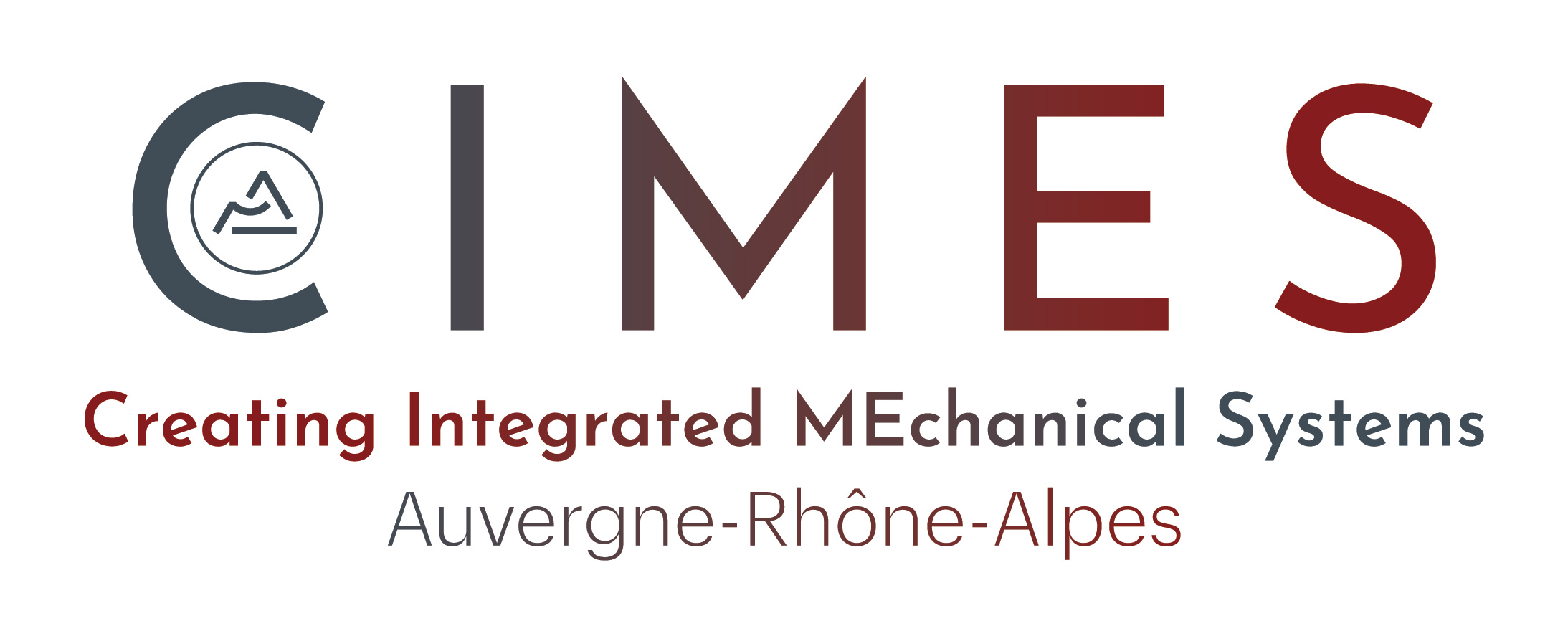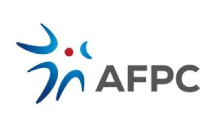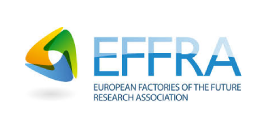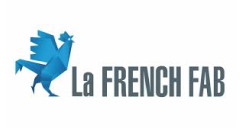Projets Européens
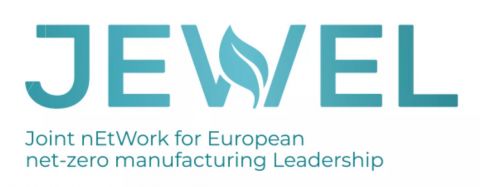
JEWEL
Project Goal The JEWEL project aims to mobilise the European manufacturing sector—especially innovative SMEs—around the challenges of achieving net-zero manufacturing. Its ambition is to foster the emergence of high-impact innovation projects and to support the adoption of advanced technologies that reduce the environmental footprint of industrial production, in line with the objectives of the Twin Transition.
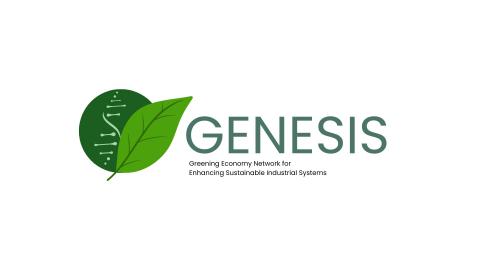
GENESIS
The GENESIS project, “Greening Economy Network for Enhancing Sustainable Industrial Systems,” aims to bridge the innovation divide across European regions by strengthening green manufacturing, circular economy practices, and digital transformation. The project focuses on enhancing regional innovation ecosystems, particularly in less developed areas, to support sustainable manufacturing transitions and foster cross-regional collaboration. Key activities:
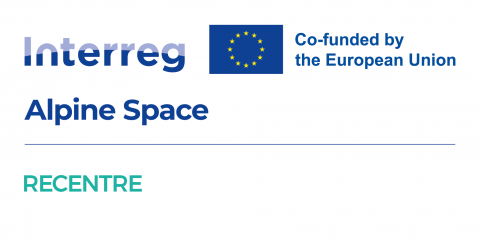
RECENTRE
The manufacturing sector in the Alps plays a relevant role for the economy and for the living conditions of the area. Mechatronics, Automotive, Bioeconomy SMEs are fighting every day to be more efficient, flexible and sustainable. They need to attract skilled employees able to operate in a highly digitized ecosystem. Higher interest rate and reduced attitude to business risk can slowdown SMEs transformation plans. These challenges are addressed by the new EU Strategy, called Industry 5.0.

ROBOTA-SUDOE
The project's main objective is to improve the competitiveness and enhance the growth of SMEs, using collaborative robotics solutions that respond to endogenous challenges and guarantee respect for the environment. The project aims to put innovation at the service of territorial actors to improve the quality of life and increase the potential and attractiveness of the entire SUDOE space, particularly rural areas.
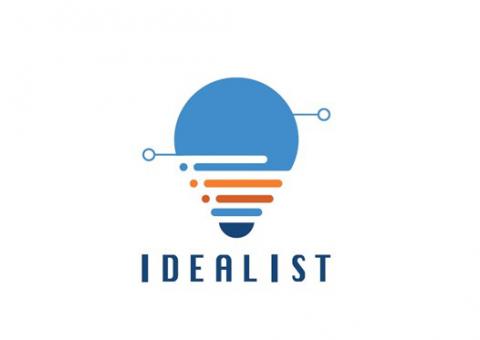
IDEALIST
IDEALIST’s primary goal is to empower Small and Medium-sized Enterprises (SMEs) in three key industrial sectors: Energy-intensive industries, Aerospace and Defence, and Mobility, Transport & Automotive. These sectors are crucial to the European economy and face shared challenges, such as transitioning to sustainable practices, competitiveness in a context of limited raw materials and rising energy costs, and adapting to changing consumer habits.
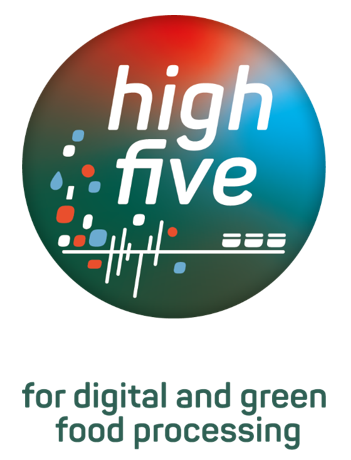
HIGHFIVE
The overall goal the project is to foster, enable and facilitate SME targeted and interregional investment actions to implement or bring to the market innovative digital solutions to concrete challenges of the food processing companies and thus contributing to the Farm to Fork strategy.
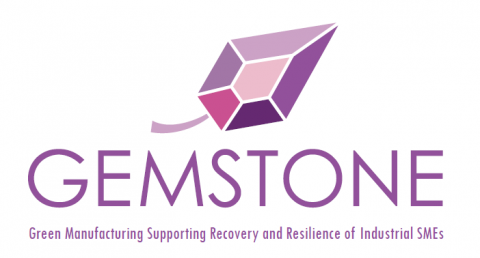
GEMSTONE
The project aims to support manufacturing companies in the 5 identified sectors (Aeronautics/Defence, Energy, Mobility, Agriculture/Agrifood, Materials) in their green transition and resilience initiatives. A whole set of awareness-raising and diagnostic activities are planned (workshops, brainstorm sessions, etc.). Calls for projects that can finance innovative projects up to 40K€ will be launched over the 3 years of the project. In parallel with support for companies, the project will enable partners to develop a new service offer.
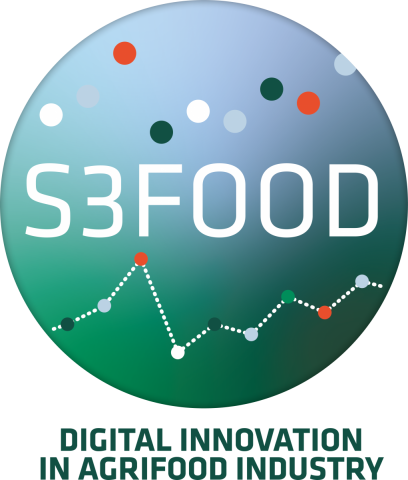
S3FOOD
CIMES is partner of the S3FOOD project started in May 2019. The project aims at facilitating the digitalization of the food processing industry by stimulating the implementation of smart sensor systems in the food production processes and thus making the generation of digital data possible and also by providing training and support in relation to data collection, management and mining. The financing of innovative projects led by European companies is provided by the launch of two calls for projects for nearly 3 million euros.
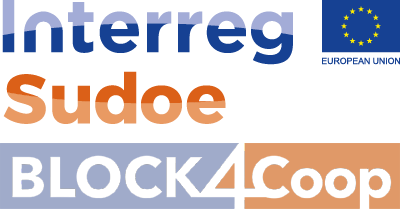
BLOCK4COOP
The project aims at setting up transnational collaborative initiatives/activities in order to increase the knowledge of the blockchain technology for the industrial SMEs (sensitization phase) and to facilitate the implementation of the technology in order to transform production processes, product traceability, logistics and e-commerce (implementation phase).
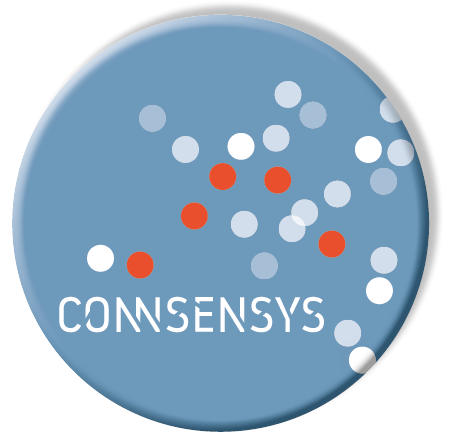
CONNSENSYS
CIMES took part as partner of the CONNSENSYS project in November 2018. The aim of this project was to set-up a platform between food- and electronic/IT cluster organisations, relevant research and technology organisations (RTO’s) and other stakeholders, to lower the barriers for food companies to access and implement the newest smart electronic systems and to enable the Internet of Things (IoT) transition of the food industry.
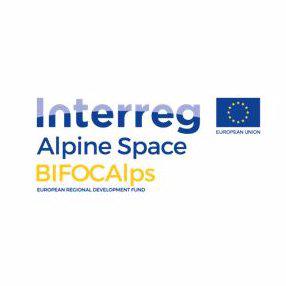
BIFOCALPS
CIMES took part as partner of the BIFOCALps project in November 2016. This project aimed to boost collaboration and synergies among main actors of the Alpine region innovation system for a sustainable, smart and competitive development of the value chain of manufacturing sector towards Factory of the Future (FoF) practices. In 2017, CIMES alongside Grenoble INP coordinated a work package in order to identify best practices and gain better knowledge on successful and sustainable implementation of 4.0 technologies.
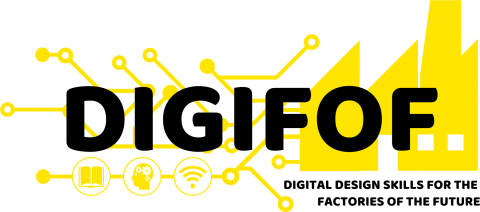
DIGIFOF
CIMES is partner of the DIGIFOF project since January 2019. The project proposes a network of training environments where HEIs, companies and training institutions come together to develop skills profiles, trainings concepts as well as materials for design aspects of the Factory of the Future (FoF). It helps to create an organizational structure to foster knowledge transfer between industry and academia, aiming to provide educational and experimental OMiLAB4FoF, where FoF-aspects can be taught practically or experimented with. The partners develop a large range of open source tools suitable to the FoF-aspects (industry cases, webinars, training modules…).
